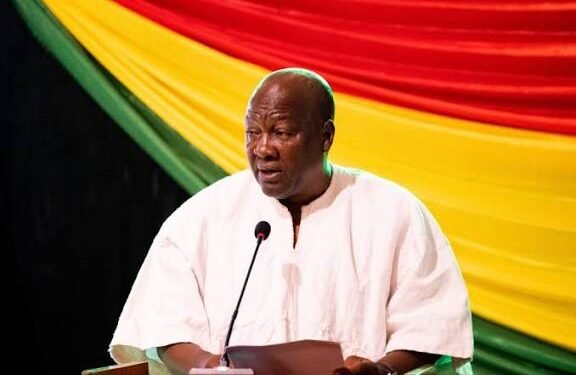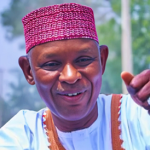The United States has lifted visa restrictions on Ghanaian citizens, restoring multiple-entry, five-year non-immigrant visas, including B1/B2 visitor and F1 student visas, effective immediately.
The decision, announced by the U.S. Embassy in Accra on September 26, 2025, follows Ghana’s agreement to accept deported migrants, including third-country nationals, as part of a controversial U.S. immigration policy.
The visa restrictions, imposed in July 2025, limited most Ghanaian non-immigrant visas to single-entry, three-month validity periods due to high rates of visa overstays, particularly among students.
The move strained U.S.-Ghana relations, already tense over U.S. tariffs on Ghanaian goods. Ghana joined Cameroon, Ethiopia, and Nigeria under tightened measures, prompting diplomatic backlash and urgent negotiations.
In early September, Ghana, under President John Dramani Mahama, agreed to serve as a temporary hub for deportees, including 14 West African nationals from countries like Nigeria and The Gambia.
These migrants, many with U.S. immigration protections against return to their home countries due to persecution risks, were flown to Accra starting this month.
Ghanaian authorities described the process as humanitarian, with deportees held briefly under military guard before being bused to home countries or, in some cases, left in Togo.
However, human rights lawyers have filed lawsuits, alleging poor detention conditions and violations of international law, including improper restraints during flights.
The deportation deal, discussed during high-level talks at the UN General Assembly, involved Ghana’s Foreign Minister Samuel Okudzeto Ablakwa and the U.S. Under Secretary of State Allison Hooker.
While Ghana received no direct financial incentives, the agreement was seen as a strategic move to repair bilateral ties.
President Mahama, addressing the press at the UN, noted that other West African nations, like Nigeria, refused similar U.S. requests, citing domestic pressures.
The U.S. Embassy’s statement hailed the restoration of “full consular privileges” as a sign of strengthened U.S.-Ghana relations. Ghana’s Foreign Ministry echoed this, with Ablakwa calling it a “milestone in healthier diplomacy.” The restored visas include five-year B1/B2 visitor visas and four-year F1 student visas, reversing the July restrictions.
However, the decision has sparked domestic criticism. Ghanaian opposition leaders and activists argue the deportee deal compromises national sovereignty and risks exploiting Ghana as a “dumping ground” for migrants.
Human rights groups have raised ethical concerns about the U.S. using visa policies and trade leverage to secure deportation agreements across Africa, with Ghana joining Eswatini, South Sudan, and Rwanda in accepting deportees since July.

Administrator and Writer






















































